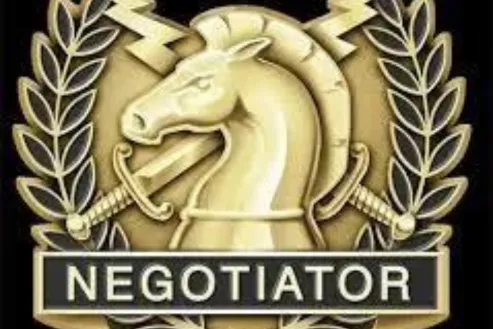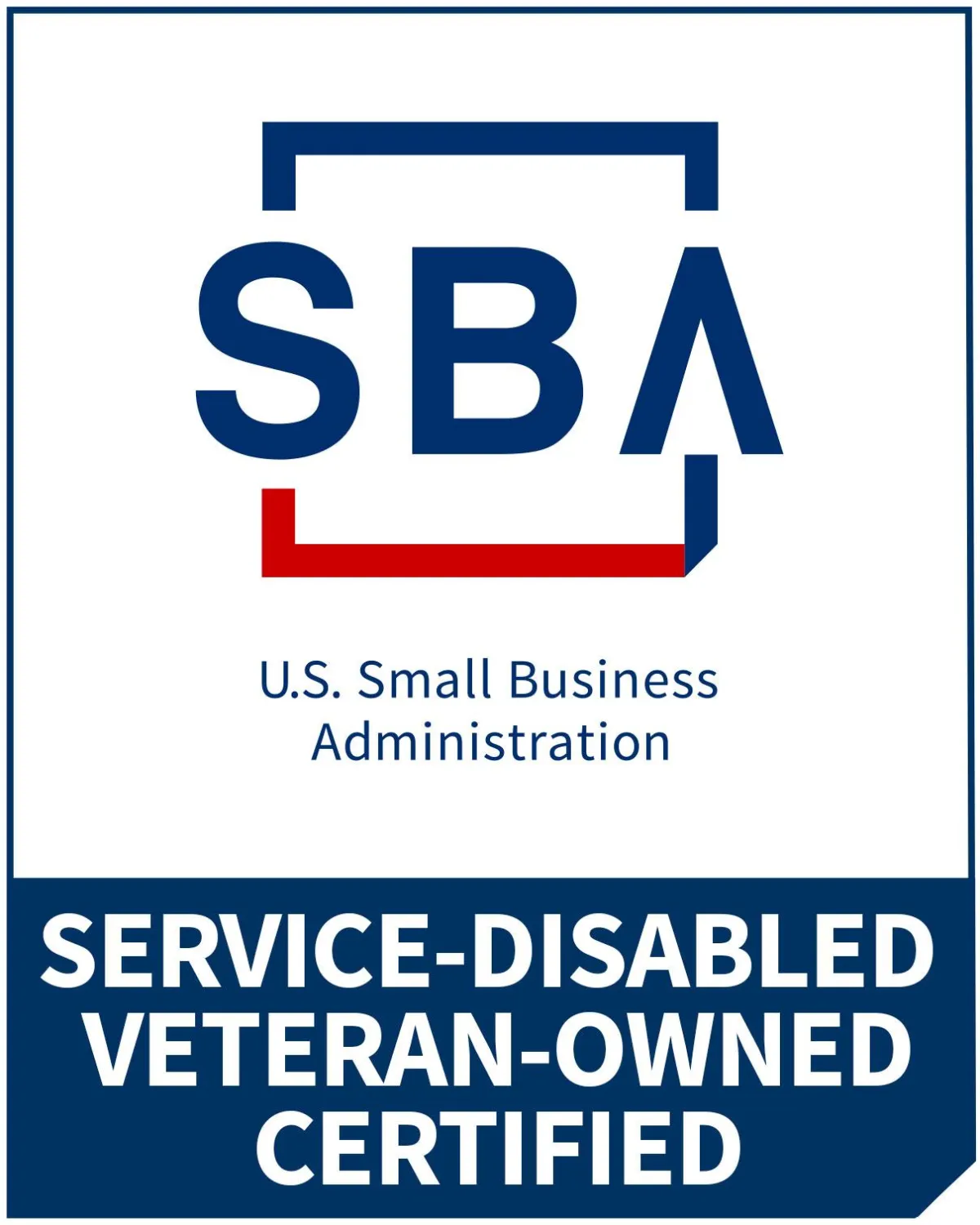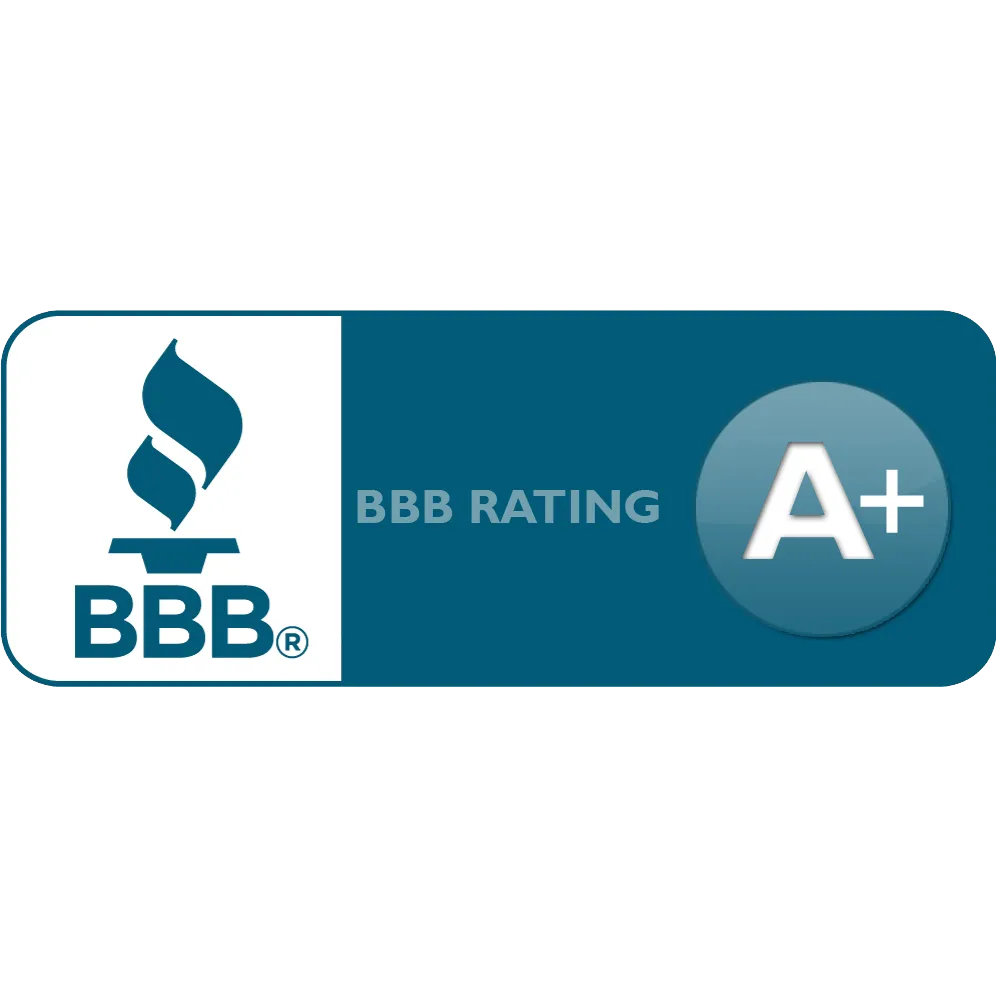Tactical Negotiation
Tactical Negotiation

This course is a specialized communication and de-escalation training program for law enforcement officers, private security personnel, and tactical responders who encounter high-risk individuals in crisis or conflict. Drawing from the proven principles of hostage and crisis negotiation, crisis intervention techniques, and the Behavioral Influence Stairway Model (BISM) developed by the FBI, this course equips participants with practical tools to influence behavior, stabilize volatile situations, and resolve confrontations peacefully. Unlike traditional negotiation training, this course focuses on first responder and tactical-level negotiations in the field, where time is limited, conditions are chaotic, and the stakes are high. Whether facing emotionally disturbed persons, barricaded subjects, suicidal individuals, or hostile confrontations during patrol or security operations, participants will learn to apply structured communication strategies to gain control, reduce resistance, and enhance public and officer safety.
Key Topics Covered:
-Understand the foundations of crisis negotiation, including active listening, rapport-building, and influence.
-Apply the Behavioral Influence Stairway Model (BISM): Active Listening → Empathy → Rapport → Influence → Behavioral Change.
-Identify and manage individuals in emotional or psychological crises using proven crisis intervention techniques.
-Conduct structured verbal containment with subjects in volatile or escalating situations.
-Utilize tactical negotiation skills in time-compressed or high-stakes environments (e.g., during patrol, building searches, security checkpoints).
-Differentiate between hostage situations, barricaded subjects, emotionally disturbed persons (EDPs), and other crisis classifications.
-Coordinate with tactical teams and mental health resources in real-time operations.
-Document and articulate negotiation attempt and outcomes for legal and administrative review.
-Operate within ethical, cultural, and legal boundaries while influencing high-risk individuals.
-Engage in scenario-based exercises to practice and refine communication strategies under stress.
Who Should Attend?
Patrol officers, tactical operators, school resource officers, corrections personnel, private security professionals, and first-line supervisors
Duration:
Live: 2 days (minimum 6 students).
Prerequisites:
None.

This course is a specialized communication and de-escalation training program for law enforcement officers, private security personnel, and tactical responders who encounter high-risk individuals in crisis or conflict. Drawing from the proven principles of hostage and crisis negotiation, crisis intervention techniques, and the Behavioral Influence Stairway Model (BISM) developed by the FBI, this course equips participants with practical tools to influence behavior, stabilize volatile situations, and resolve confrontations peacefully. Unlike traditional negotiation training, this course focuses on first responder and tactical-level negotiations in the field, where time is limited, conditions are chaotic, and the stakes are high. Whether facing emotionally disturbed persons, barricaded subjects, suicidal individuals, or hostile confrontations during patrol or security operations, participants will learn to apply structured communication strategies to gain control, reduce resistance, and enhance public and officer safety.
Key Topics Covered:
-Understand the foundations of crisis negotiation, including active listening, rapport-building, and influence.
-Apply the Behavioral Influence Stairway Model (BISM): Active Listening → Empathy → Rapport → Influence → Behavioral Change.
-Identify and manage individuals in emotional or psychological crises using proven crisis intervention techniques.
-Conduct structured verbal containment with subjects in volatile or escalating situations.
-Utilize tactical negotiation skills in time-compressed or high-stakes environments (e.g., during patrol, building searches, security checkpoints).
-Differentiate between hostage situations, barricaded subjects, emotionally disturbed persons (EDPs), and other crisis classifications.
-Coordinate with tactical teams and mental health resources in real-time operations.
-Document and articulate negotiation attempt and outcomes for legal and administrative review.
-Operate within ethical, cultural, and legal boundaries while influencing high-risk individuals.
-Engage in scenario-based exercises to practice and refine communication strategies under stress.
Who Should Attend?
Patrol officers, tactical operators, school resource officers, corrections personnel, private security professionals, and first-line supervisors
Duration:
Live: 2 days (minimum 6 students).
Prerequisites:
None.
Packages
Package 1
$300 per Person
Tactical Negotiation
Live 2-Day Course
(minimum 6 students)
Certificate of Completion
Package 2
Call for Price
Tactical Negotiation
Customized Course
Certificate of Competion
$750
3-day comprehensive tactical negotiation instructor certification
Instructor-level certification for tactical negotiation training
Full instructor training with real-world scenarios.
Instructor Certification
Packages
Package 1
$300 per Person
Tactical Negotiation
Live 2-Day Course
(mimimum 6 students)
Certificate of Completion
Package 2
Call for Price
Tactical Negotiation
Customized Course
Certificate of Completion



